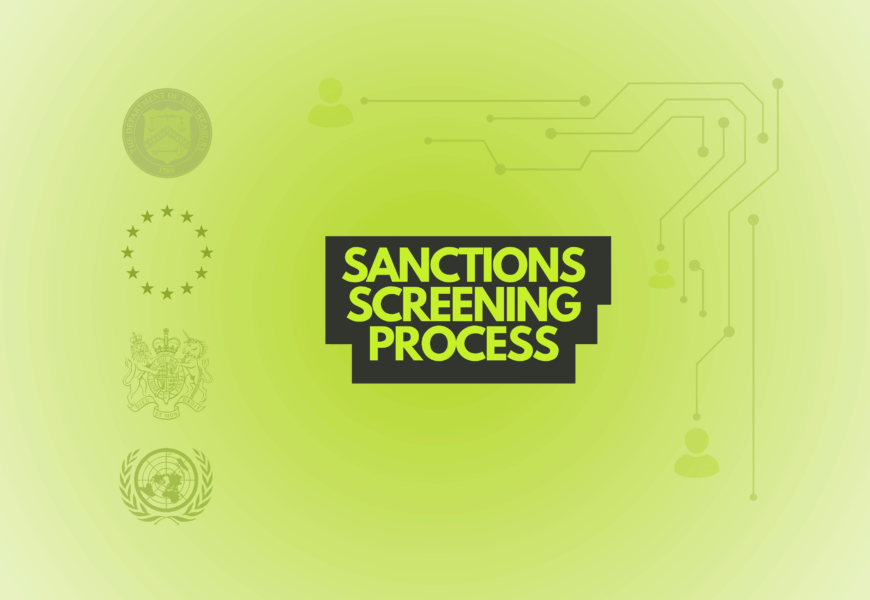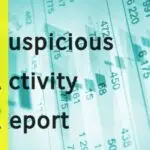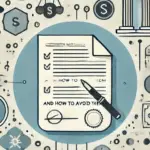A few years ago, a small U.S. shipping company got into serious trouble.
Why? They unknowingly helped transport goods for a company secretly linked to a sanctioned regime.
The problem wasn’t that they wanted to break the law—it’s that they didn’t know how to check their customers properly. The result? Millions in fines, damaged reputation, and years of legal headaches.
That real-world example shows why OFAC Sanctions Screening matters—and why even beginners need to understand it.
What Is OFAC?
The Office of Foreign Assets Control (OFAC) is part of the U.S. Treasury Department.
Their role: to enforce sanctions against countries, groups, or individuals involved in activities like terrorism, drug trafficking, corruption, or human rights abuses.
When OFAC puts someone on the list, it means:
U.S. companies and people must not do business with them.
What Is Sanctions Screening?
Sanctions screening is simply checking names against OFAC’s lists before you:
- Open a new customer account
- Process a payment
- Sign a contract with a vendor
The main list you’ll hear about is the SDN List (Specially Designated Nationals and Blocked Persons List).
Think of it as a “do not trade with” list—if the name matches, stop everything.
Why Screening Is Critical
- It’s the law – U.S. businesses must comply.
- Fines are huge – some penalties run into the millions.
- It protects your brand – no company wants headlines about dealing with terrorists or cartels.
- It prevents crime – you help stop bad actors from moving money or goods.
How to Do OFAC Sanctions Screening
Gather Customer Information
Full legal name, DOB, address, passport or ID number. The more details you have, the easier it is to verify.
Run the Screening
- Use OFAC’s Sanctions List Search tool or
- A professional compliance screening tool that checks multiple lists at once.
Check Matches Carefully
Not every hit is real. For example:
- Your customer “Mohammed Khan” appears on the list.
- But the sanctioned Mohammed Khan was born in 1960 in a different country.
Always check DOB, nationality, and other identifiers.
Take Action
- True Match? Block or freeze the account/transaction and notify OFAC.
- False Positive? Document why it’s not a match and move forward.
- Not Sure? Escalate to your compliance officer or legal team.
Ongoing Screening
Screening isn’t just once at onboarding.
- Run checks regularly—because lists change often.
- Re-check before large or unusual transactions.
A Real-Life Example
In 2019, a U.S. bank was fined over $1 billion for violating sanctions. The issue? Their systems didn’t catch that certain wire transfers were routed through sanctioned countries.
The bank wasn’t deliberately helping criminals—but regulators said ignorance was no excuse.
Every Name Tells a Story
Behind every name on the OFAC list is more than just letters on a screen—it’s a story of crimes, conflicts, or corruption.
And behind every company doing screening is a story too:
- A small business owner protecting their livelihood
- A bank safeguarding its reputation
- A startup building trust with its first customers
The shipping company’s mistake wasn’t about missing a box on a form. It was about missing a story—the story of who they were really doing business with.
That’s what sanctions screening gives you: the chance to ask, “Who’s really on the other side of this transaction?” and to make sure your story doesn’t end up in headlines for the wrong reasons.
In compliance, you’re not just checking lists—you’re protecting futures.








